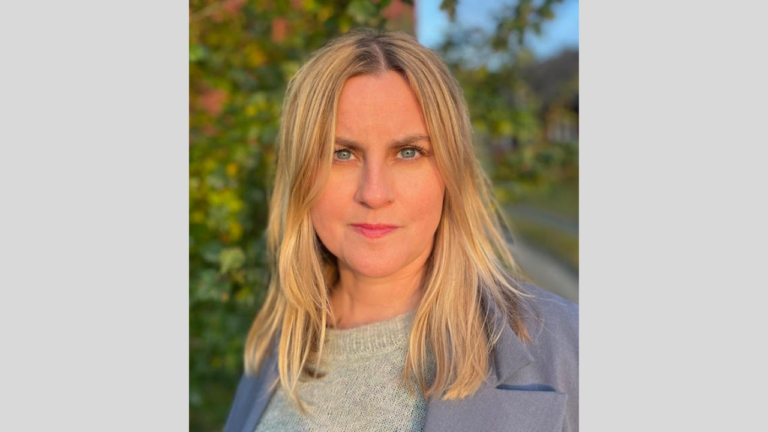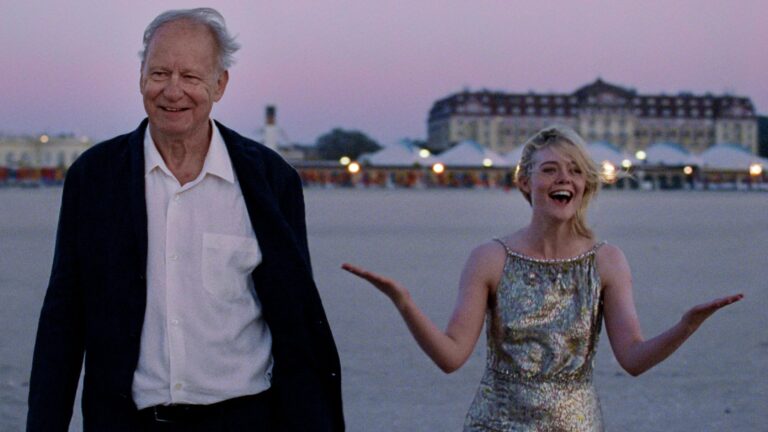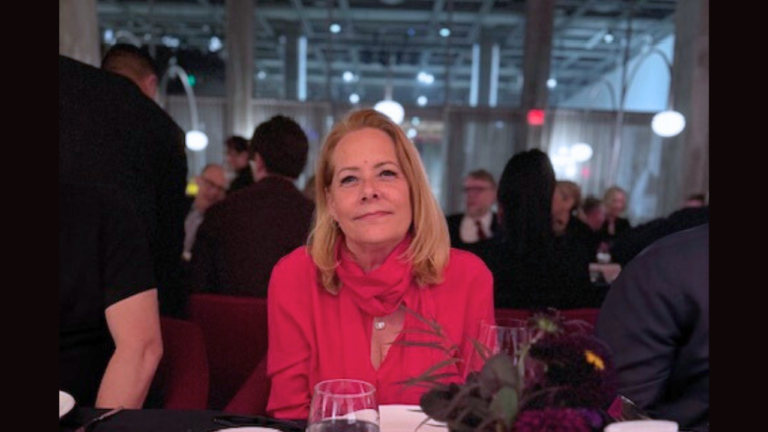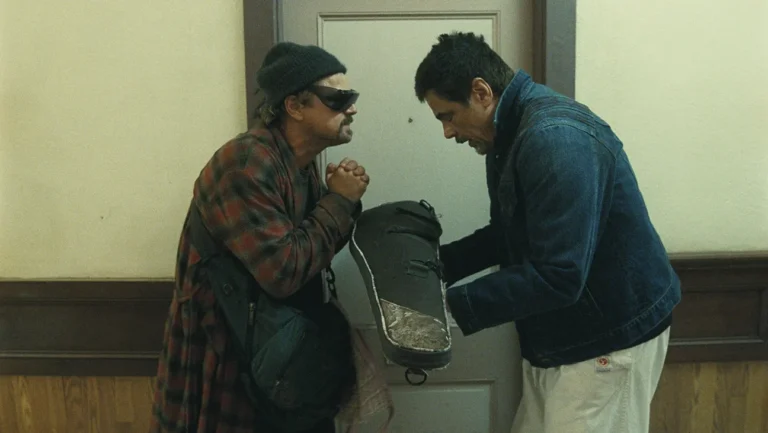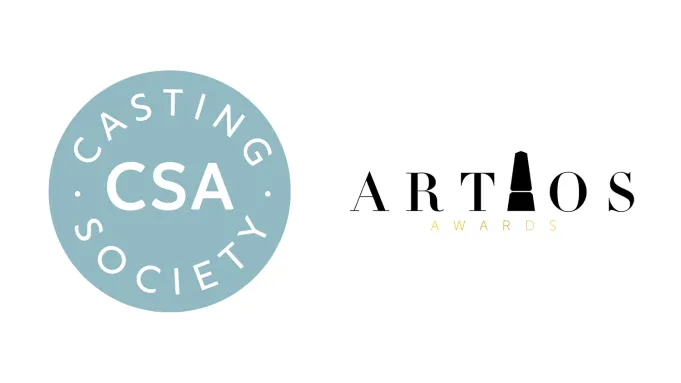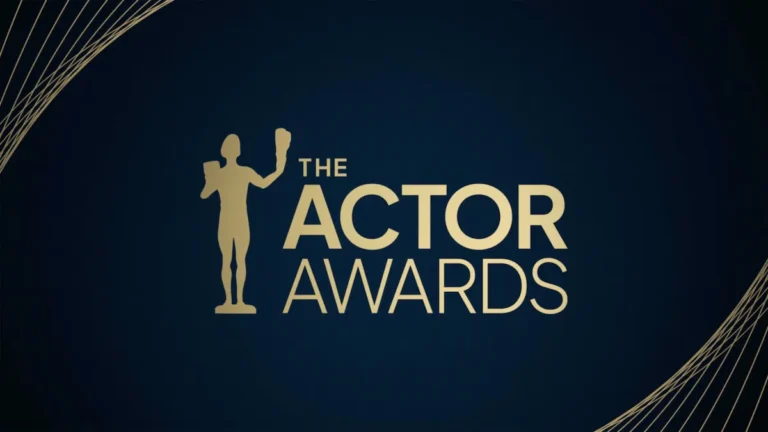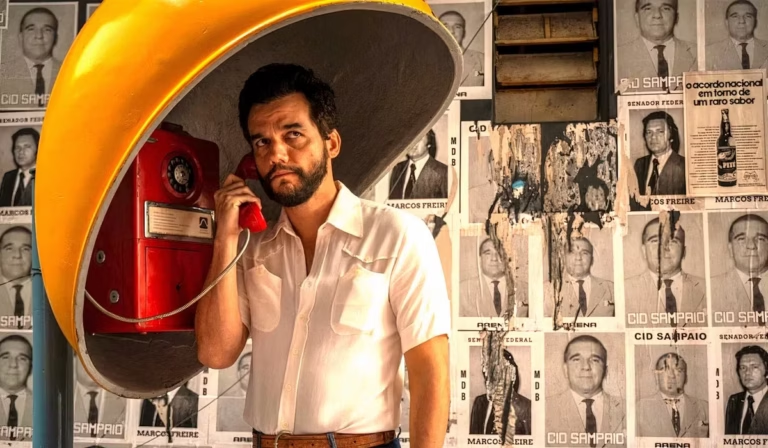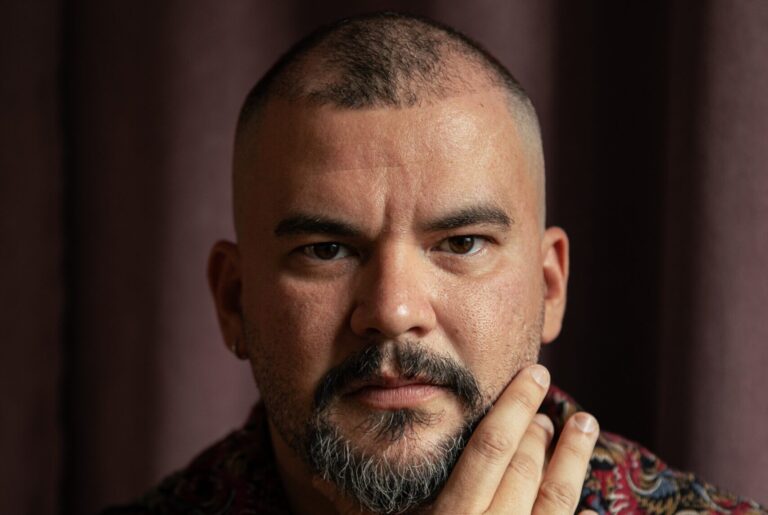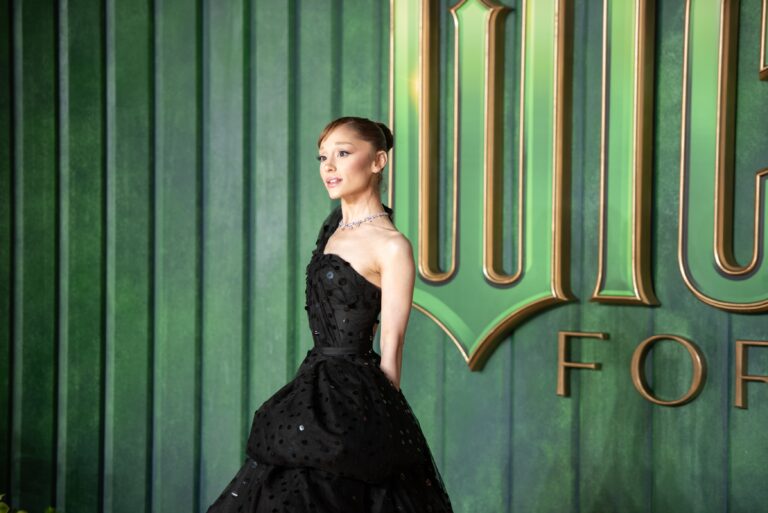There aren’t many casting directors with résumés as impressive as Jina Jay’s. The British casting legend has worked on the Star Wars franchise and Denis Villeneuve’s Dune series, and is a regular collaborator with Wes Anderson. Over a career spanning four decades, she’s worked on dozens of other movies and TV shows.
She has been recognized by her peers with a dozen Artios Award nominations, winning twice. Now, the Television Academy has honored her with her second Emmy nomination for her work on Black Mirror, for which she has cast 26 episodes since 2016 (other casting directors of the anthology series include Shaheen Baig, Jeanie Bacharach, Henry Russell Bergstein, Corinne Clark and Jennifer Page).
Jay’s work with the show’s creator, Charlie Brooker, has helped make the Netflix show one of the most popular on the small screen. She spoke to us from her office in London.
Insights From Jina Jay
- Actors should embrace anthology shows as they offer shorter commitments and let them take on diverse and creative roles without long-term contracts.
- Be open to collaborative casting processes where creators are passionate but receptive to ideas, making flexibility and communication key.
- Leverage popular shows’ growing recognition to build your profile.
You were not one of Black Mirror’s original casting directors, but you came on in season 3. How did you join the show?
I sat down with [executive producer] Annabel Jones. It was as simple as that.
Had you been a fan of the show before you became a part of it?
I’d been a huge fan. I had watched as an avid audience member. A lot of people had fallen in love with that particular series that Charlie had written. It spoke to them. It was kind of beautiful. Amazing work.
Is it daunting to jump into a series that already has a following? What is the process of coming on board a moving train like that?
Annabel was very clear that they wanted to do something very different. They were very clear that it wasn’t a continuation of what they’ve been doing, although it was, of course, still part of the same family. It’s been a long time now, but I imagine that at the time, I would have been quite thoughtful about that.
How has the show evolved over the last 10 years of you working on it?
I feel like I engage with it in the same way, except I guess at the beginning it was much more intimate.
We’ve always had quite dynamic casting conversations in relation to the leads. Charlie’s very open, but sometimes he’s very certain about who he’s written it for. He can also respond passionately about ideas that are presented, but they’re his words. He’s very generous about having dynamic conversations and makes it a very safe space. Everyone can say what they want and present ideas. It’s very collaborative, but he’s also incredibly sure of what’s right and what doesn’t work.
These days, everyone knows what Black Mirror is, so everyone wants to contribute, which is also good. Not that it’s less thoughtful, not that it’s less rigorous, but I guess it’s … noisier.
That leads to my next question, which is, as the show has exploded in popularity, does that make your job easier or more difficult?
I think it’s both.
When I first came on in season 3, certain actors loved the show, but it hadn’t extended to all agents knowing about it. Having to educate them — and I don’t mean that in a patronizing way — just as in getting them to see the story that Charlie had written to get to where we wanted it to go … I wouldn’t say there was more hand-holding, but just needing to bring everyone up to speed.
Also, always trying to think about the actor and what might be exciting and interesting for them, while also needing the generous and wonderful agents who trusted us.
Now, I find the volume of it very intense, but there are lots of good things, too. In more recent years, it’s just instant in relation to what we’re talking about and an understanding of the show.
Is it an advantage, working on an anthology show like this, where you’re not asking for season-long commitments from actors?
Absolutely. I think that’s a massive advantage. We don’t have the budgets that would compete with other big shows that could pay for six or seven months of someone’s time.
It’s two to four weeks maximum, but also, there is an enormous creative commitment, not just to the words on the page, but the whole endeavor to come and do this and be away from home. The commitment is not all about massive fees, and that’s great.
You have been recognized something like a dozen times by your peers for Artios Award nominations, but this is your second Emmy nod. What was your reaction upon hearing your name called?
I was a bit shocked. I just think it’s a testament to the series. That’s a group effort, a win for all of us. It’s great for the show. I was a bit like, “Oh, shit,” because that’s how I am; but it’s great for Charlie and the show.
I think I know the answer to this question, but I’m going to ask it anyway. When you’re recognized like this and celebrated for your work, do you allow yourself to enjoy it?
I think it’s very important to feel like you’ve done your best by a job, no matter how small, how big, how whatever it turns out. As long as my team and I (and I’ve always had amazing people around me in my office), do our best.
Also, Black Mirror speaks to young people. In addition to my peers, it also speaks to my kids. My eldest has watched Black Mirror since the beginning, and has always been a Charlie Brooker fan. I think she’s got a signed picture of him in her bedroom. (Laughs)
My kids have sweatshirts from one of the seasons, and they still all wear them. It’s quite a good fabric. They’ve [held up] well in the washing machine. (Laughs)
I would think getting credit from your kids for the project you’re working on is worth its weight in gold.
Yeah, that’s the most important thing. Especially someone my age, who’s been doing it this long, to have another generation appreciate it, too. I feel very lucky. I’m really lucky.
Final Takeaways
Breaking into the industry can feel overwhelming, but insights from casting veterans like Jina Jay highlight some clear ways for new actors to navigate their early careers. Understanding the dynamics of popular shows, being adaptable in collaborative environments and recognizing the value of shorter commitments can set emerging actors apart. Here are some practical tips to keep in mind.
- Be open to roles in anthology series since they often require shorter commitments, allowing you to gain experience without long-term contracts.
- Embrace collaboration and be ready to contribute ideas during casting conversations, showing flexibility and professionalism.
- Stay informed about the projects you audition for and understand their fan base to better connect with the material and the team.
- Build strong relationships with your agents by demonstrating enthusiasm and trustworthiness, helping them advocate for you effectively.
- Take pride in your work regardless of the size of the role, knowing that every part contributes to your growth and reputation.
You may also like:

